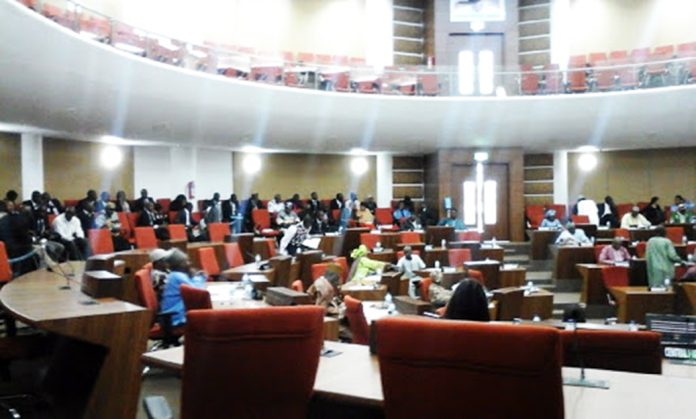Gambian lawmakers have voted to uphold a 2015 ban on female genital mutilation (FGM), rejecting a controversial bill seeking to overturn the law, after months of heated debate and international pressure.
The Women’s (Amendment) Bill 2024, which had sought to decriminalise the practice of female circumcision, had passed a second reading in March with only five out of 53 lawmakers voting against it, raising concerns among rights groups that The Gambia would become the first country to reverse a ban on the practice.
The bill has deeply dividing public opinion in the Muslim-majority West African country.
The text of the bill, introduced by MP Almameh Gibba, declared that “female circumcision” is a deep-rooted cultural and religious practice, but anti-FGM campaigners and international rights groups said it is a harmful violation against women and girls.
The landmark 2015 ban on FGM made the practice punishable by up to three years in prison.
Lawmakers on Monday voted again on each of the bill’s clauses before a third and final reading scheduled for July 24, with a majority voting against each clause.
That prompted National Assembly Speaker Fabakary Tombong Jatta to stop the bill moving forward to the final reading.
“The [National] Assembly cannot be engaged in such a futile exercise as to allow the bill to proceed to a third reading,” Jatta said after the votes.
Credit: aljazeera.com









